The UC Santa Cruz Division of Physical & Biological Sciences has nine academic departments and three professional programs dedicated to high-impact research, teaching, and inclusion. Together, we explore the fundamental processes that mold our natural world and beyond.
Academic Departments

One of the world’s leading departments for observational and theoretical astronomy, astrophysics, and planetary science. We’re known for designing some of the most powerful technologies in the history of space science.
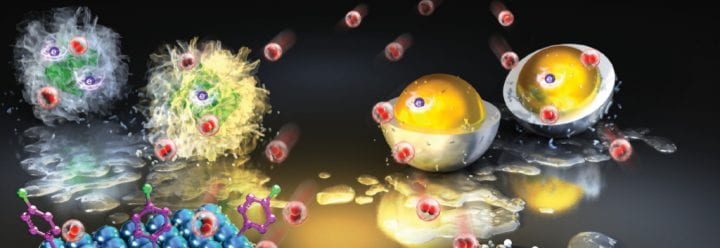
We apply high-impact materials and biomedical research to advance the world’s understanding of human disease, develop novel diagnostic tools, enhance energy conversion, and upend environmental pollutants.
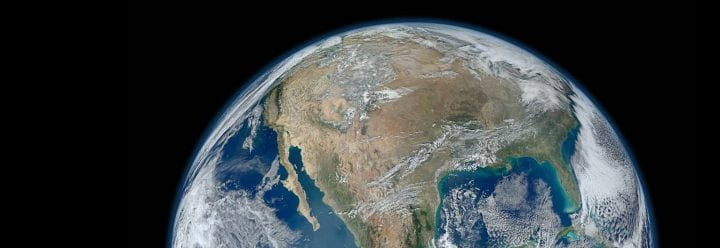
One of the world’s leading departments for geophysics, hydrogeology, biogeochemistry, environmental change, and planetary science. Our undergraduate program is among the three largest in the nation.

One of the nation’s premier departments for evolutionary ecology. We study life across marine, terrestrial, and freshwater environments. Our students make discoveries from tropical rainforests to the polar ice fields.
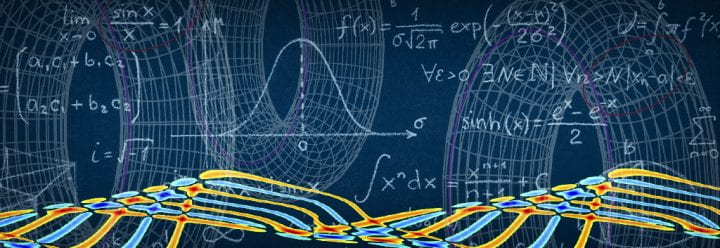
Our world-class researchers study algebra, geometry, and analysis and their connections with physics, imaging, and other sciences. Committed to cutting-edge education, our teacher-scholars are training the next generation of mathematicians and scientists.
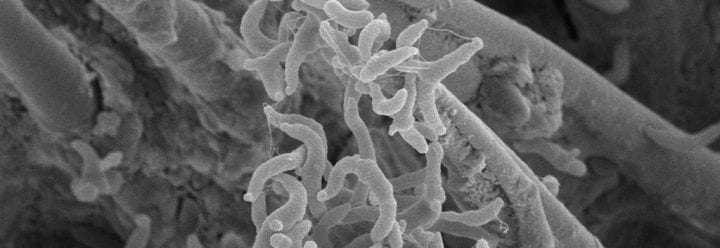
The only department in the world that unites researchers studying the interplay between abiotic toxins, microbes, and health. Our students learn to clarify how environmental pathogens harm living organisms.
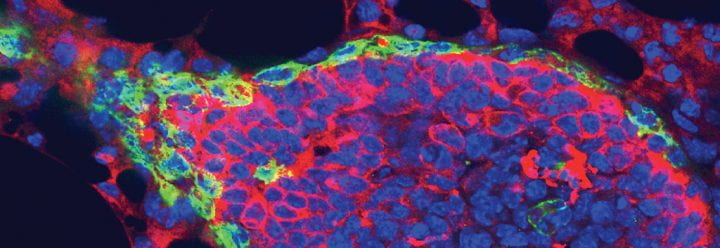
We study how information in DNA is packaged and interpreted in living cells, how they are built and regenerated, and how cells work together to create an organism. Our department is one of the largest at UC Santa Cruz.
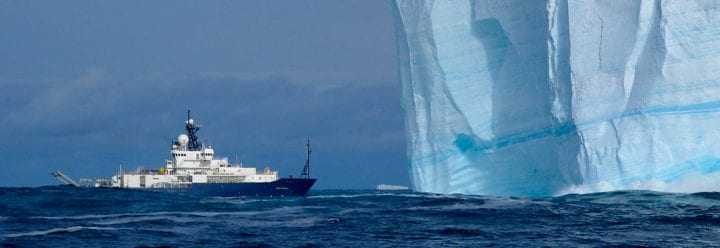
One of the world’s most dynamic departments for ocean ecology, biogeochemistry, paleoceanography, circulations, and climatology. Our students travel around the world on some of the largest international research expeditions.

We study high-impact particle physics and condensed matter to advance humanity’s theoretical and applied understanding of biophysics, neuroscience, cosmology, dark matter, astrophysics, and materials science.
Professional Academic Programs
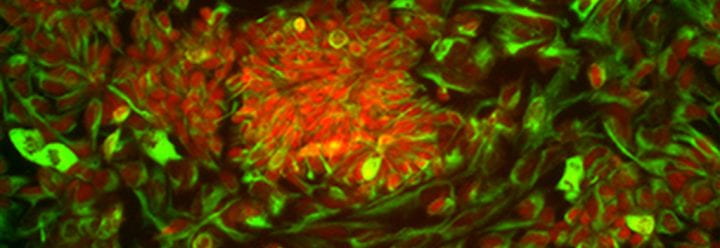
Offers four professional graduate training tracks that study the intersection of biology at the molecular, cellular, and systems levels in one of the most interdisciplinary research environments found at UC Santa Cruz.

One of the few professional programs in the world that specializes in sustainable ecosystems, coastal communities, and industries. Our students learn to inform real-world solutions that lead to measurable change.

Our Environmental Sciences major is an interdepartmental program offering undergraduate degrees that educate students on how to apply fundamental concepts of chemistry, physics, and math to environmental problems.

Interdisciplinary and collaborative in design, the program builds on existing UCSC strengths in genomics, the biology of neglected diseases and cancers, environmental influences on health, agro-ecological innovation, community studies, and research into the political, economic and social determinants of health.

Our Materials Science & Engineering Program offers graduate degrees and brings together experts in materials synthesis, materials characterization, and theoretical modeling of materials to foster a collaborative environment aimed at advancing knowledge and innovation in the field.
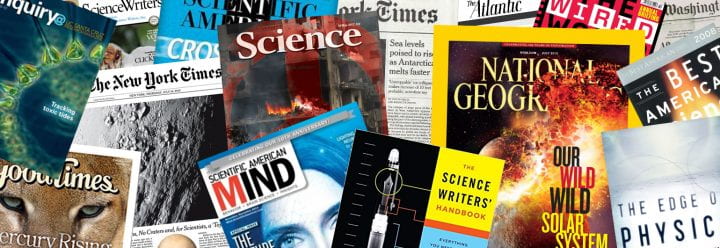
A world-leading professional science journalism program and the only writing program in the nation that requires a science degree and research experience. Our alumni are among the world’s most prolific science communicators.
